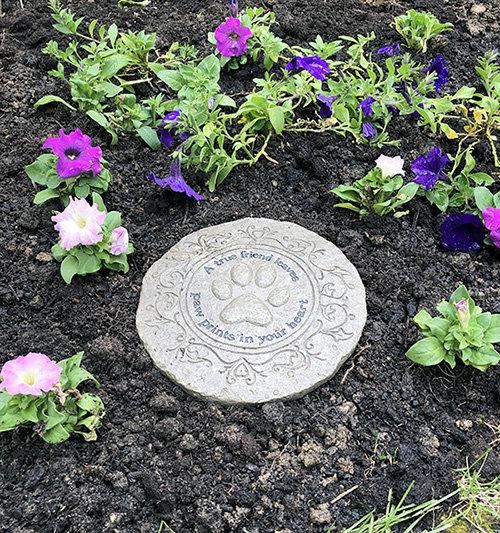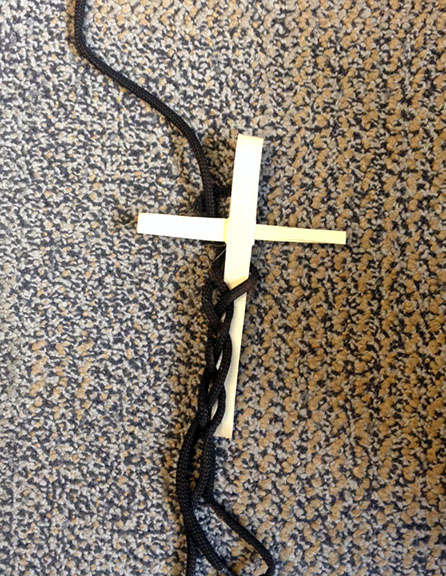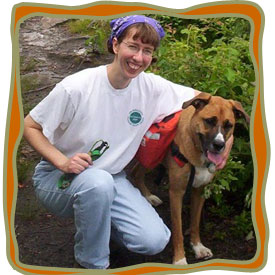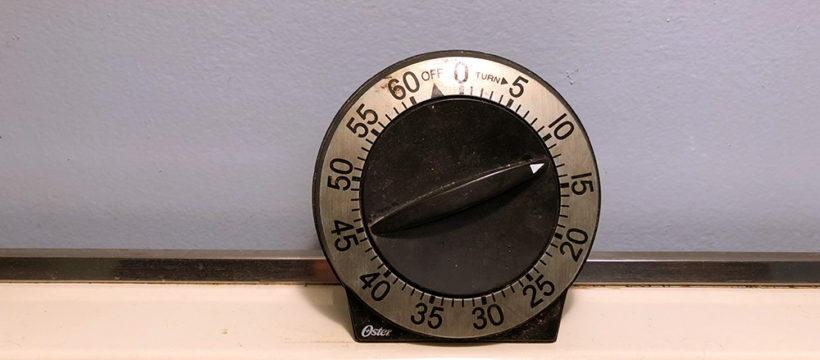The details of my experience aren’t significant, but the lessons are. A few months ago I did my first-ever fast. Let me tell you what l learned.
First, once I knew the fast was approaching, I became hyper-aware of everything I ate. I expected a new-found appreciation for dinner time, I was surprised when that appreciation started even before the fast.

Second, I was tired and cold. And no matter how much water I drank, I still felt dehydrated. This made me appreciate food as energy in a whole new way.
Third, and most importantly, once the fast had started, there was nothing I could do to speed it up.
Fasting is not something you do. Fasting is something you endure.
Most things in life you can work harder and do better. You can work faster and finish quicker. You can put more in and get more out.
Fasting does not work that way. Because even though the fast may be planned, fasting is not an action you take. It’s an action you don’t take.
Several times over the course of just one day I would catch myself feeling the unpleasantness and wanting to do something. I was willing to go through this. I just wanted to go through it a little faster. And I would have to remind myself there was nothing to be done but to continue on with my day while the fast slowly ran its course.
I had no idea then that God was preparing me for what was going to happen next.
Exactly two weeks after my fasting experience, my father passed away unexpectedly. Exactly six weeks later, my dog of 15 years similarly passed away.
And here I am.

Grief, like fasting, leaves me tired and cold. I sleep and do not get rested. I eat and do not get energized. I can tell I am not quite functioning like I should, but I am powerless to change it.
I find myself thinking back to that lesson from fasting.
Grief, too, is not something you do. It’s something that happens to you. It is something you endure.
Grief, like fasting, is not an action to take. It is the absence of a million small actions you no longer take.
There is nothing that can be done to speed the grief process. There may be grief-coping skills. There may be people who come alongside you. There is the Great Comforter himself who shows up in surprising ways. But all of that does not speed the process; it merely helps you endure.
Strangely, I find a modicum of comfort in recognizing this.
My job is to endure. That’s it.

It’s okay if I feel cold and tired and am not functioning like I should. My job is to endure.
It’s okay if I feel sad or angry or lonely. My job is to endure.
It’s okay if I try something new and fail. I will try again. Because my job is to endure.
I learned this lesson before, and I am re-learning it every day: there is nothing to be done but to continue on with my day while the grieving slowly runs its course.
“Let them grieve as one having hope,” my pastor often prays.
And hope, according to Romans 15:4, comes from two places: The Bible. And endurance.
Whether you are currently grieving or will someday face a new grief, hold onto this, my friends. Let us endure, moment by moment, to the end. We cannot speed the journey, but we can choose to live each moment while we wait.
——————————————–

Janet Beagle, Ph.D. serves as director of graduate programs for Purdue University’s College of Engineering and is a writer, a Bible study teacher, and a student of God’s word. In her spare time, she likes to eat other people’s cooking and hike with her dog, Marly. Read more of Janet’s Christian reflections at www.mustardpatch.org.




Hi Janet, I am so sorry to hear about your dad and your dog. My heart goes out to you. Your devotion is beautiful and so helpful. I will keep you in my prayers while you go through this journey.
Thanks, Sheryl.